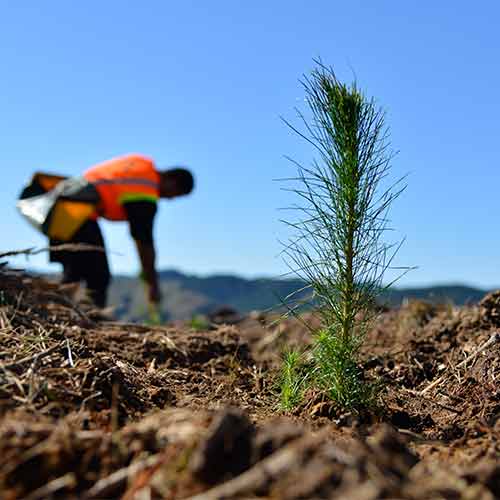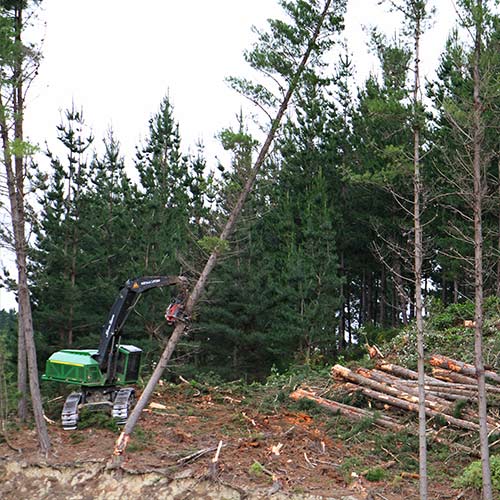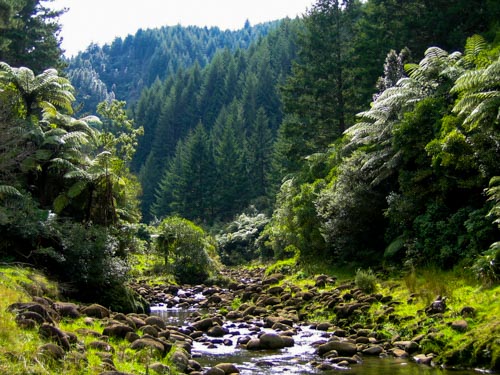 At Juken New Zealand Ltd our success depends on and reflects our commitment to the environment. Our customers demand it, and we respond to that demand, through our environmentally sensitive forestry and manufacturing processes. Our practices and products deliver on that.
At Juken New Zealand Ltd our success depends on and reflects our commitment to the environment. Our customers demand it, and we respond to that demand, through our environmentally sensitive forestry and manufacturing processes. Our practices and products deliver on that.
Not only is our very purpose environmentally friendly by replacing the use of non-sustainable hardwoods from around the world with sustainably grown radiata pine – we also strive to reduce our impact on the environment through reuse and recycling practices to minimise our impact on the environment. All while maintaining a sustainable resource for future generations.
In doing all of this we have set ourselves up to be measured and assessed against external benchmarks – the regulatory consents environmental framework (local authority or central government), and internationally recognised environmental standards of Forest Stewardship Council® (FSC®) FSC-C013648 – to demonstrate our commitment to forestry and manufacturing environmental best practice. This gives our customers peace of mind, knowing they can choose an option which values sustainability.
We work alongside our local communities and always aim to minimise our impact on the environment. Some examples include bark used for garden mulch, chemical containers are recycled, forest areas of significance are protected and monitored, and almost all of our mill energy requirements are fuelled by renewable, sustainable wood residues.
A genuine commitment to ensuring that we make the right impression on the environment and that our customers can feel good about our products and processes involved in growing, making, and delivering it to them.


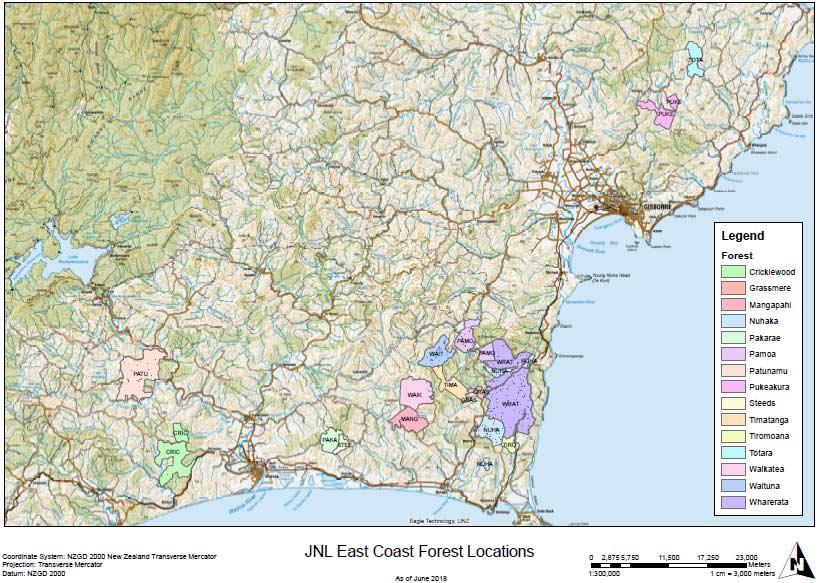
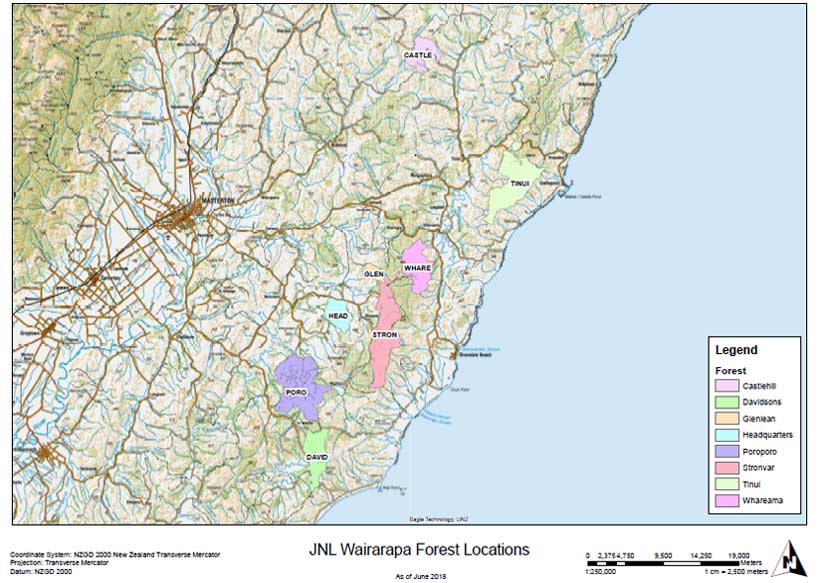
 At Juken New Zealand Ltd our success depends on and reflects our commitment to the environment. Our customers demand it, and we respond to that demand, through our environmentally sensitive forestry and manufacturing processes. Our practices and products deliver on that.
At Juken New Zealand Ltd our success depends on and reflects our commitment to the environment. Our customers demand it, and we respond to that demand, through our environmentally sensitive forestry and manufacturing processes. Our practices and products deliver on that.